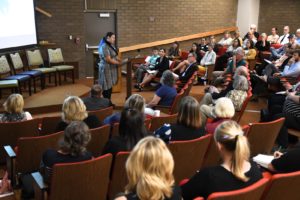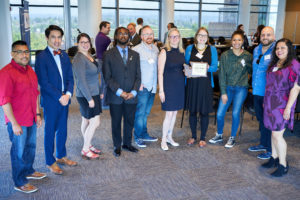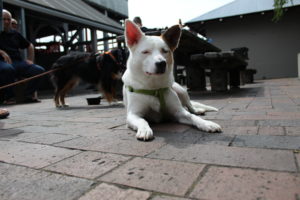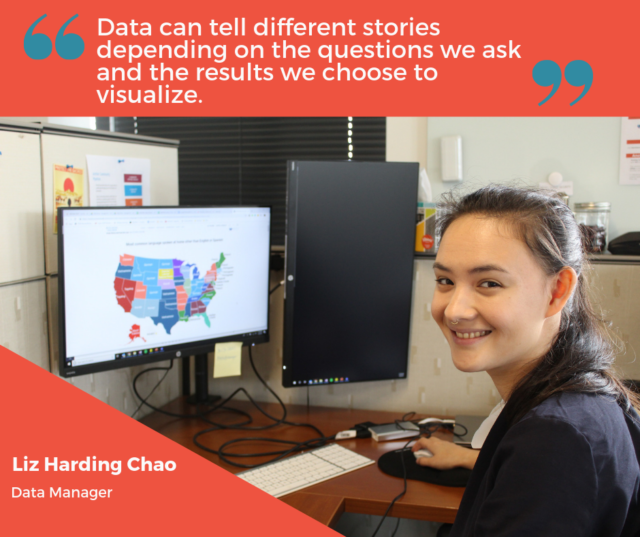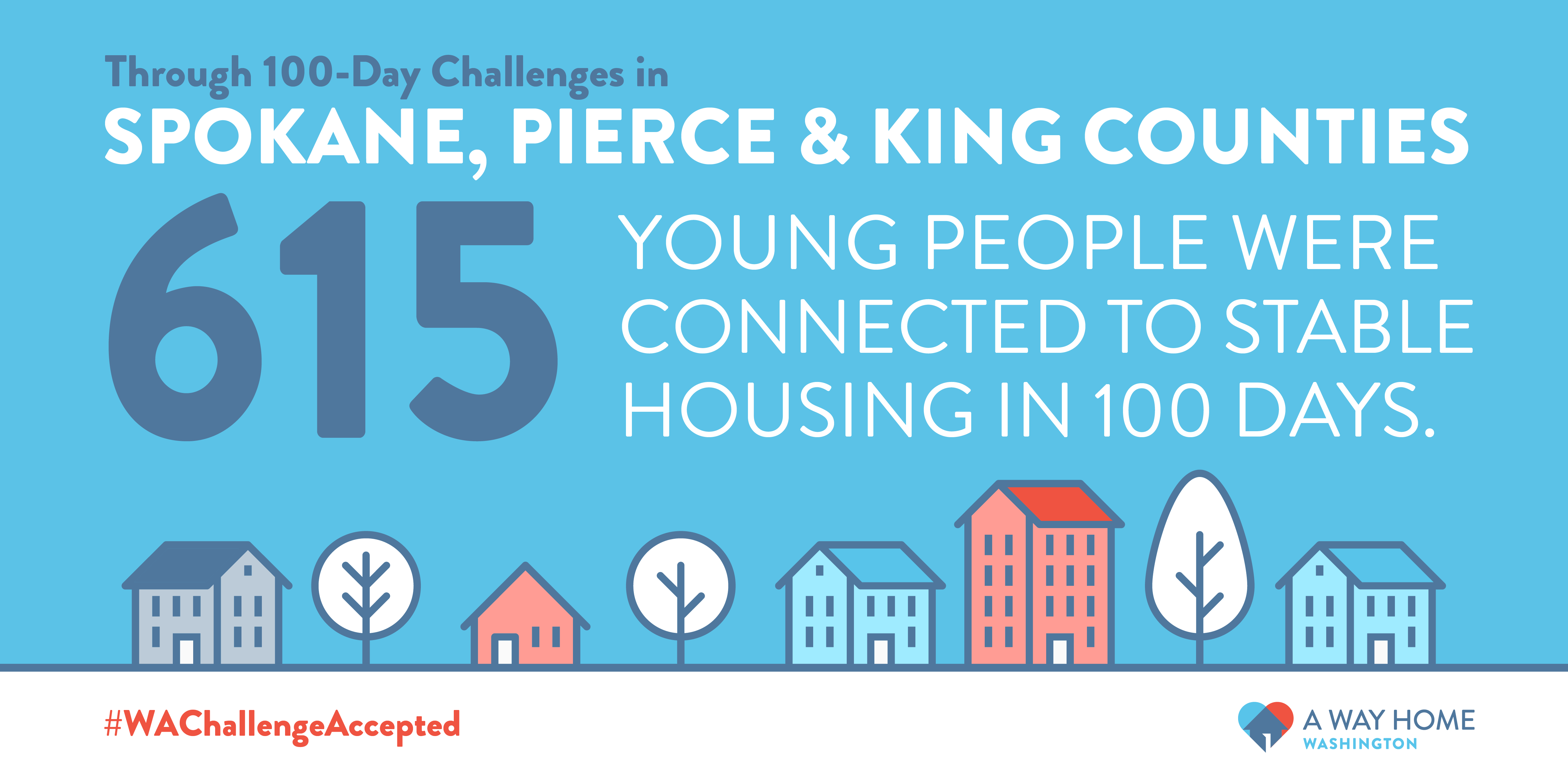We recently received great news for the future of the Anchor Community Initiative – and it’s all because of you. For the past two months, you’ve been organizing, contacting your legislators, and making your voices heard. And our champions in the legislature were listening.
Both the Senate and House have joined Governor Inslee and included an expansion of the Anchor Community Initiative (ACI) in their budgets. It is very likely this will be in the final budget passed by both chambers – with this funding, the ACI can expand to additional communities across Washington.
At the same time, both budgets include renewed funding for the original four Anchor Communities, meaning that the work can continue in Spokane, Pierce, Yakima, and Walla Walla counties. We are on our way to reaching “yes to yes” and ending youth and young adult homelessness in these four communities by the end of next year.
We have only reached this point because of the power of your organizing and advocacy. Every time you sent an email to your legislators, attended a meeting, shared a tweet, or spoke to your community, you were moving ACI expansion closer to reality. Just last week, we were honored to have two rallies attended by dozens of supporters from across Washington who heard from First Lady Trudi Inslee, our legislative champions, and young advocates.
Your input and feedback is one of the most powerful and impactful tools there is in influencing the legislature. So, thank you for using your voice on behalf of youth and young adults experiencing homelessness. You made a difference!
While we are celebrating the positive budget news this week, the work isn’t over. There is still a month of legislative session, and we have to keep the pressure on to make sure the ACI stays in the budget all the way to final passage. Now, we can thank our champion legislators and urge them to keep up the fight. Senators Christine Rolfes, June Robinson, Andy Billig, Jeannie Darneille, and T’wina Nobles, and Representatives Timm Ormsby, Lisa Callan, Frank Chopp, and Tarra Simmons deserve our thanks!
Other updates and thoughts: The 2021 legislative session has been “zooming” along – literally and metaphorically. This being the first fully virtual session, including committee meetings, floor action and meetings with legislators, it has been an exercise in modern technology. Perhaps the refrain, “You’re on mute,” has never been heard so often by so many.
Also notable about the 2021 legislative session is the incredible impact of the diversity of lawmakers within the body. Having so many legislators who are people of color, combined with the impact of being all-virtual and eliminating barriers to travel to Olympia, has resulted in many more people of color testifying on proposed bills that have informed the debate in a powerfully positive way. Bills such as law enforcement reform, landlord-tenant relations, and adding a progressive capital gains tax have been front and center with the diversity of public testimony being exponentially more interesting and valuable than in years past.
As we march forward these last few weeks of the 2021 session, we do so convinced that the best way to end adult homelessness is to end youth and young adult homelessness. We are building a “Yes to Yes” system in Washington so that when young people say “Yes, I need support,” their local communities can say in return “Yes, come inside for safe housing and a path forward”. Come join us! Young people and families are relying on all of US. Thank you for all that you do.

